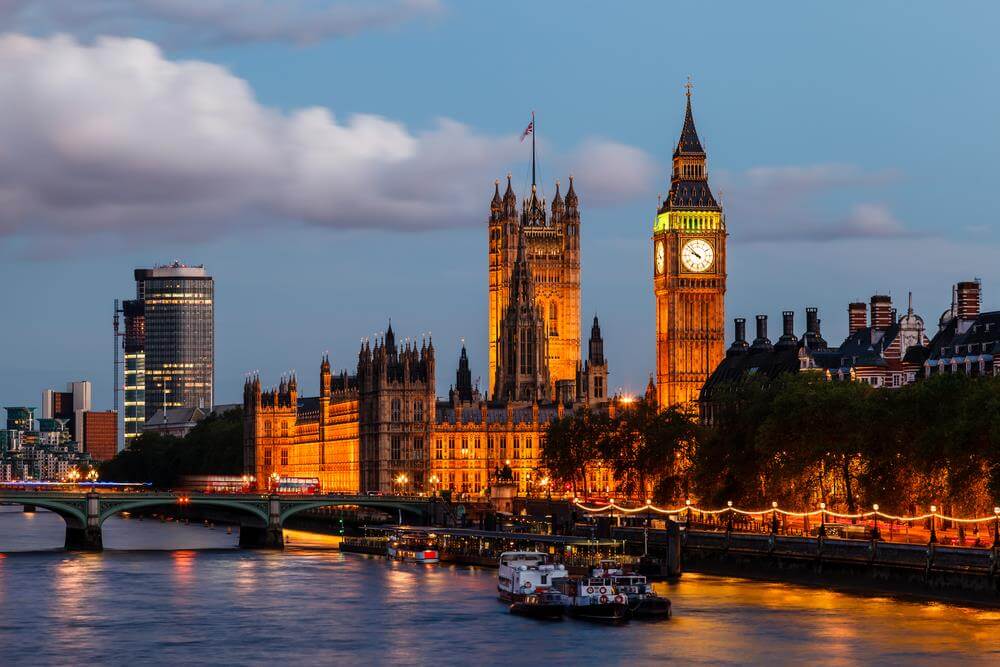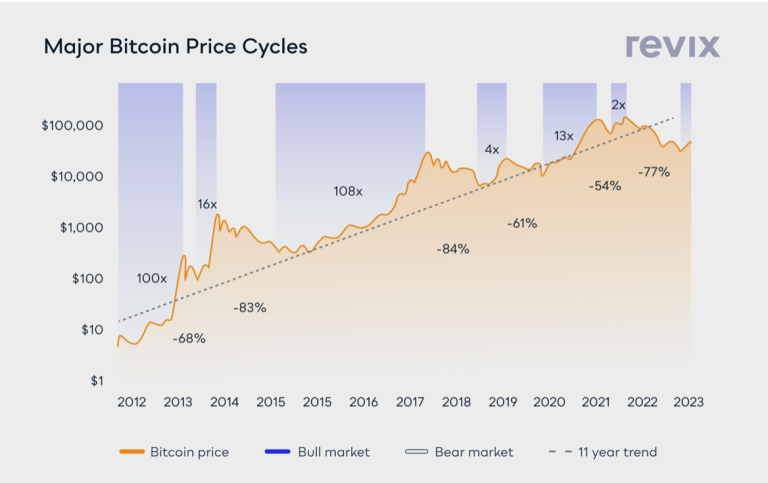Commenting in the latest edition of The Review, the CISI’s member magazine, CISI CEO Simon Culhane, Chartered FCSI says the recent leak of papers from Panama lawyers Mossack Fonseca, regarding the super-rich sheltering their income, has resulted in adverse public reaction on the issue of fairness and the tax burden.
“But the UK income tax system isn’t fair at the best of times. The top 1% of taxpayers, roughly those who have an income over £150,000, pay almost 30% of the entire income tax burden of £160bn, while the average person pays less than £5,000 a year.
“We could greatly simplify the collection of UK tax, and spread the load more fairly, if we moved away from just operating a residence test when determining whether an individual should pay tax”, says Mr Culhane.
At present it is residency rather than citizenship, which determines whether or not an individual is liable to pay tax on their worldwide earnings.
“We believe that this system should be changed so that anyone who is a UK passport holder is also liable to pay tax on their worldwide income in exactly the same way as US citizens are taxed on their worldwide income, irrespective of where they live. Of course there are double taxation treatments in most countries, so a citizen who is resident outside the US doesn’t pay twice,” says Mr Culhane.
CISI’s CEO says that mandating UK citizenship alongside UK residency as the qualifying factors for the payment of UK taxes means it will no longer matter if someone is in the UK for 16 days, for 90 days or 183 days (all key time periods at present in determining residency).
“It will avoid the nonsense of midnight flights and sub-optimal planning as individuals, usually highly paid and with a high net worth, take steps to ensure they don’t overstay their time in the UK in a given tax year,” he says.
“The citizenship/residency tests would mean those seeking lower tax havens can still do so, and they can run empires and businesses from anywhere in the world – but if they want the benefits and rights of UK citizenship they must accept their responsibilities to pay their fair dues and contribute to the UK Exchequer, “ says Mr Culhane.
























